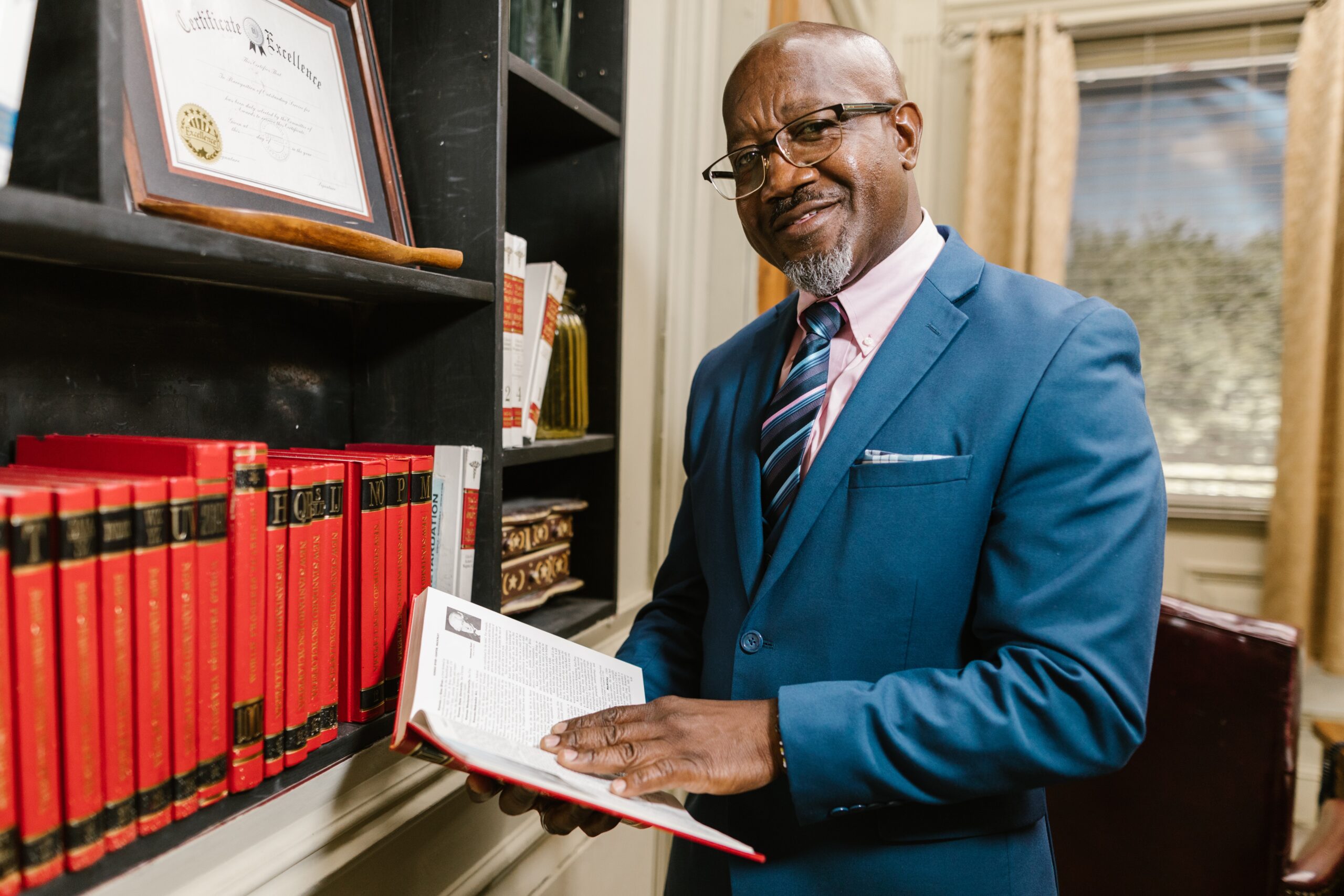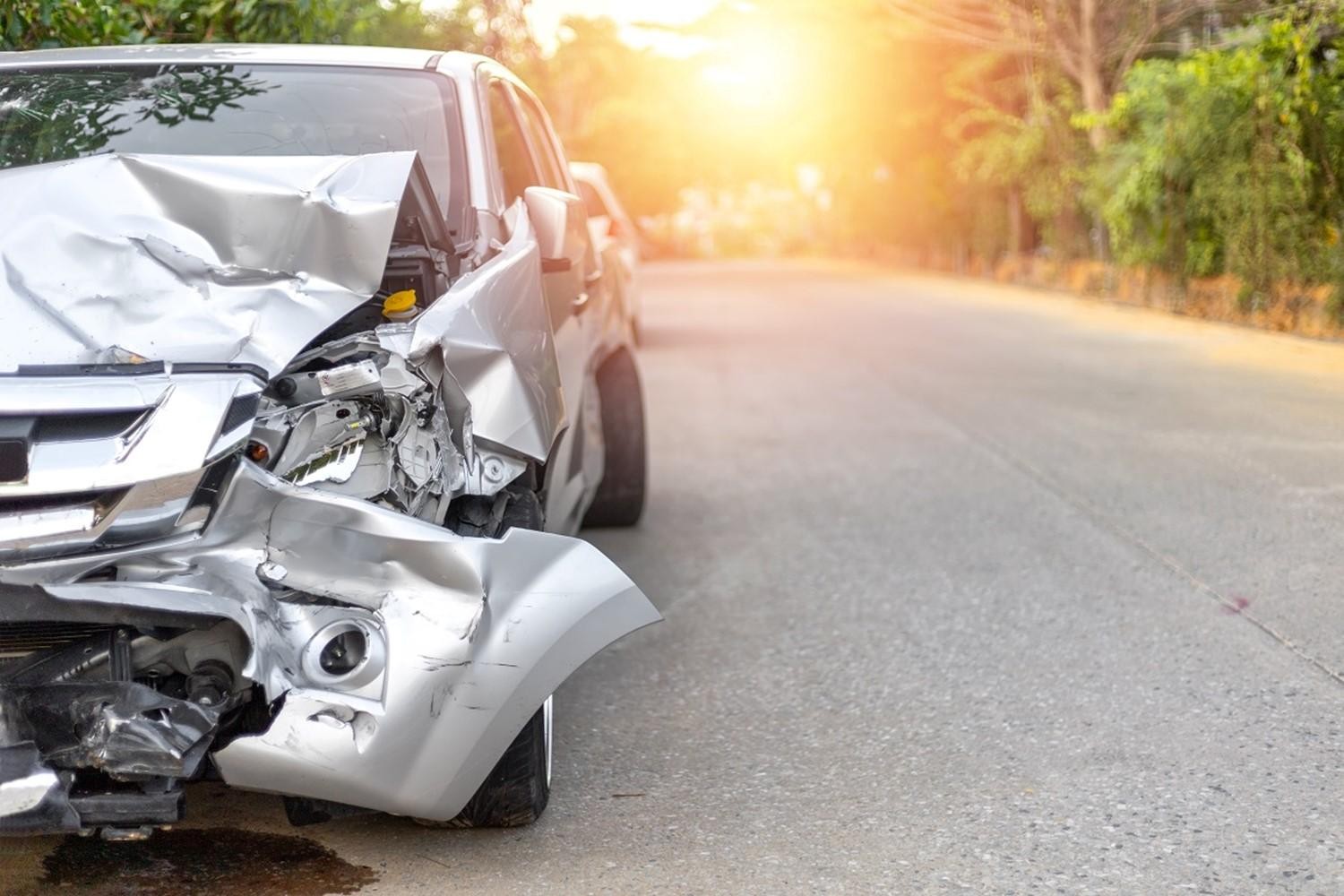Introduction
Car accidents can be harrowing experiences, leaving individuals shaken and unsure about the next steps. One of the most daunting challenges post-accident is dealing with insurance companies. Often perceived as faceless entities focused on minimizing payouts, they can be tricky to navigate, especially when you're trying to recover from an accident. In this comprehensive guide, we’ll delve into how to handle disputes with insurance companies after an accident. We’ll cover everything from understanding your policy to knowing when to hire a car accident attorney.
Understanding Your Insurance Policy
What Does Your Insurance Cover?
Before diving into disputes, it’s crucial to understand what your insurance policy covers. Generally, auto insurance includes:
Liability Coverage: This pays for damages you cause to others. Collision Coverage: This covers damage to your vehicle in case of an accident. Comprehensive Coverage: This pays for non-collision events like theft or natural disasters. Personal Injury Protection (PIP): This covers medical expenses regardless of fault.Knowing these details can empower you in conversations with your insurer.
How To Read Your Policy?
Insurance policies can be dense and full of jargon. Here are some tips on how to read and interpret your policy effectively:
- Highlight Key Sections: Focus on coverage limits, deductibles, and exclusions. Use Online Resources: Many websites offer explanations of common terms. Ask Questions: Don’t hesitate to contact your agent for clarification.
By familiarizing yourself with your policy, you'll be better equipped to tackle any disputes that arise.

Common Post-Accident Scenarios Leading To Disputes
Accidents Caused by Other Drivers
If another driver is at fault, you might assume their insurance will cover your damages. However, disputes often arise regarding liability and the extent of damages claimed.
Disputed Claims Over Damages
Insurance companies might dispute the amount you claim for repairs or medical expenses. They may argue that certain costs are excessive or unrelated to the accident.
Delayed Claims Processing
Sometimes claims take longer than expected due to various reasons like missing documents or investigations into the accident's circumstances.
Documenting The Accident: Why It Matters?
Gathering Evidence at The Scene
Collecting evidence right after an accident is crucial. Here’s what you should do:
- Take photos of all vehicles involved. Document road conditions and weather. Gather witness statements and contact information.
This documentation serves as vital evidence if a dispute arises later on.
Keeping Records Post-Accident
After the accident, maintain detailed records of:
Medical treatments Vehicle repair estimates All communications with the insurance companyThese records will help substantiate your claims during negotiations or disputes.

Communicating With Insurance Adjusters
Initial Contact: What To Expect?
When Sacramento auto accident law firm you first contact an insurance adjuster, they’ll likely ask for details about the accident. Be prepared but cautious; stick to facts without admitting fault.
How To Respond To Questions?
Adjusters may phrase questions in ways that could lead you into admitting liability inadvertently. Always remember:
- Stick to the facts. Avoid speculation on fault. If unsure about something, it’s okay to say so.
Filing a Claim: Step-by-Step Guide
How To File A Claim After An Accident?
Filing a claim involves several steps:
Notify your insurer promptly. Fill out necessary forms accurately. Submit all supporting documents (photos, police reports). Keep track of communication with adjusters.Follow these steps meticulously; doing so can reduce chances of disputes later on.
What Information Do You Need?
When filing a claim, gather all relevant information including:
- Your policy number Details about the accident (date, time) Contact info for other parties involved
Having this information handy streamlines the process significantly.
Negotiating With Insurance Companies: Tips & Tricks
Understanding The Negotiation Process
Negotiating with an insurance company requires preparation and strategy:
Know your rights under your policy. Be ready with evidence supporting your claim amount. Stay calm and composed throughout discussions.A well-prepared negotiation increases chances of a favorable outcome.
When Should You Make A Counteroffer?
If the initial settlement offer seems low compared to what you believe you're owed based on evidence gathered, prepare a counteroffer backed by documentation highlighting why you deserve more compensation.
Seeking Legal Help: When Is It Necessary?
Signs You Need A Car Accident Attorney
Some situations warrant hiring a car accident attorney:
The other party is disputing fault aggressively. You’re facing significant medical bills or property damage claims. Your insurer isn’t providing adequate support in disputes.Consulting an attorney can ensure that you have professional representation during negotiations.
How Can A Car Accident Attorney Help You?
A skilled attorney brings several advantages:
- They understand complex insurance laws and regulations. They can negotiate effectively with adjusters on your behalf. They help ensure all necessary documentation is filed correctly and timely.
Hiring an experienced attorney may ultimately save time and secure a better settlement deal than negotiating alone would provide.

Dispute Resolution Options Available To You
What Are Your Options If Disputes Arise?
If you're unable to reach an agreement with the insurer after negotiations fail, consider these options:
Mediation: Neutral third-party assistance in resolving disputes amicably without litigation. Arbitration: Binding decision made by an arbitrator who evaluates both sides’ positions. Litigation: Filing a lawsuit against the insurer if negotiations fail after exhausting other options; however, this should generally be last resort due to its complexity and expense involved.Each option has its pros and cons depending on individual situations; weigh them carefully before proceeding further!
How To Handle Disputes with Insurance Companies Post-Accident
Dealing with post-accident disputes requires patience and diligence—especially when managing conversations around potentially sensitive topics such as fault determination or compensation amounts! Here are some key points summarizing effective handling strategies again before diving deeper into FAQs below:
1) Understand fully what coverage exists within one’s own policy! 2) Document every detail possible concerning not only incidents themselves but also subsequent communications regarding claims! 3) Prepare adequately beforehand when interacting directly through dialogue exchanges like phone calls/email threads etc… 4) Seek legal consultation early if complex issues arise requiring professional intervention!
Following these principles ensures smoother resolutions throughout entire processes while keeping stress levels manageable!
FAQs
Q1: What should I do immediately after my car accident? A: Ensure everyone’s safety first; check for injuries before contacting authorities/police! Gather evidence—photos/documents/witness statements—and notify respective insurers promptly thereafter!
Q2: Can I negotiate my claim amount myself without legal help? A: Yes! But it’s advisable only if comfortable navigating complexities involved—especially regarding adjusting conversations appropriately without falling prey toward pitfalls inherent within negotiations!
Q3: How long do I have to file a claim after an accident occurs? A: Most states allow up until two years post-event; however timelines vary based upon jurisdictional rules—always confirm specific deadlines beforehand!
Q4: What happens if I’m partially at fault for an accident? A: Depending upon state laws surrounding comparative negligence statutes—compensation may still be awarded albeit reduced proportionally based upon level attributed toward culpability established during proceedings thereafter!
Q5: How much does hiring a car accident attorney typically cost me upfront? A: Many attorneys operate via contingency fees meaning no upfront payment required until recovery achieved—which alleviates financial strain during recovery aftermath considerably!
Q6: Is it worth hiring a car accident attorney even if my case seems straightforward? A: Absolutely! Experienced representation increases likelihood securing favorable outcomes—even seemingly simple cases hold potential complexities requiring expert navigation through nuances involved therein!
Conclusion Handling disputes with insurance companies post-accident can feel overwhelming but armed with knowledge plus resources available—including legal assistance where needed—you'll stand poised against any challenges ahead! Understanding coverage options along documenting facts thoroughly plays pivotal roles leading toward successful resolutions ultimately while preserving peace-of-mind throughout entire process too! So don’t hesitate—take charge confidently moving forward today!